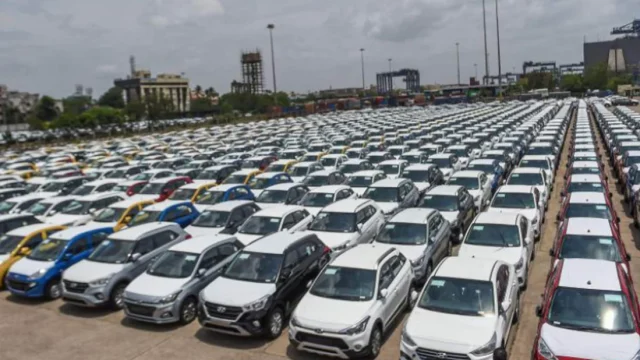businesstoday24 Correspondent, Dhaka: Bangladesh’s reconditioned car market continues to thrive, with growing demand driven by affordability and limited access to new vehicles. In contrast, Japan—the primary exporter of used cars to Bangladesh—is seeing a gradual decline in its domestic reconditioned car market as it pivots toward electric vehicles (EVs) and environmentally conscious transportation.
In the fiscal year 2023–24, Bangladesh imported approximately 32,000 reconditioned vehicles, over 90% of which originated from Japan. High prices of brand-new cars, steep import duties, and a lack of quality used cars in the local market have led to the sustained popularity of Japanese reconditioned vehicles among Bangladeshi consumers.
According to the Bangladesh Reconditioned Vehicles Importers and Dealers Association (BARVIDA), vehicles aged between five to eight years remain the most popular among middle-class buyers, particularly models from Toyota, Honda, and Nissan.
“Japanese cars are known for their durability, transparent documentation, and reliable mileage, which make them highly desirable in Bangladesh,” said Habib Ullah Don, President of BARVIDA. “However, recent hikes in the US dollar rate and increased import duties have slightly raised overall costs.”
Meanwhile, Japan’s domestic interest in reconditioned vehicles is diminishing. With increased government incentives for EVs and hybrids, and a growing shift toward cleaner transportation, many older vehicles are being auctioned at low prices for export to developing countries like Bangladesh, Sri Lanka, Kenya, and Pakistan.
Takashi Hoshina, a senior official at Tokyo-based exporter Nikkyo Co. Ltd, explained: “Japanese consumers are transitioning to EVs due to subsidies and environmental policies, which results in a large volume of used vehicles becoming available for export. This creates opportunities for emerging markets.”
Economic and Policy Drivers Behind the Trend
Several economic and regulatory factors are contributing to this dual trend in Bangladesh:
-
Affordability: New vehicles remain out of reach for most consumers. Reconditioned Japanese cars provide a cost-effective alternative.
-
Fuel Efficiency: Rising fuel prices are pushing buyers toward EVs, which offer significantly lower operating costs.
-
Government Incentives: The Bangladesh government has reduced import duties and registration fees for EVs, spurring growth in that segment.
-
Simplified Import Processes: Bureaucratic barriers in importing reconditioned vehicles from Japan have eased over the years, encouraging increased imports.
-
Policy Vision: The 2021 National EV Policy sets an ambitious goal—electrifying 30% of the country’s transport sector by 2030, reinforcing long-term EV prospects.
-
Environmental Commitments: As Bangladesh aims to reduce carbon emissions, both reconditioned and electric vehicles play a strategic role in its sustainable transport future.
Experts suggest that while reconditioned cars dominate the present, the country must begin preparing for an electric future by investing in EV infrastructure, local assembly, and incentive-driven adoption.











